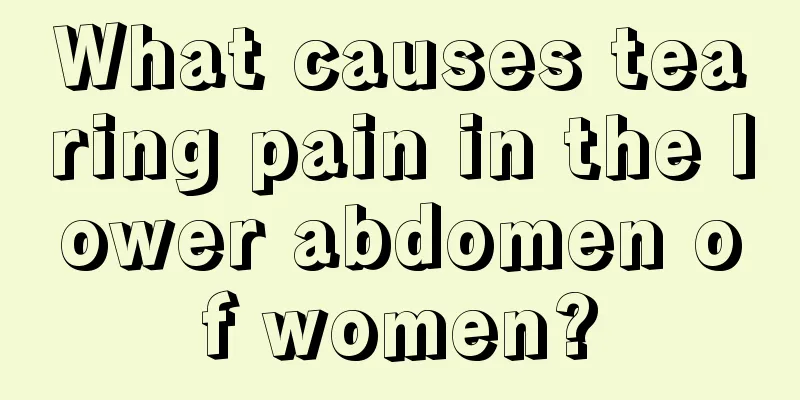What are the effects of ovarian removal?

|
Once many ovarian diseases occur, the ovaries must be removed. This is the fundamental treatment method for the disease and the only way. Many people will choose to remove the ovaries to treat their diseases. However, many people are particularly worried that the use of this method of ovarian removal will cause some bad harm to themselves, or cause some bad troubles, and also worry that it will affect fertility. So what are the effects of ovarian removal? Ovaries can be removed unilaterally or bilaterally, and the fallopian tubes can also be removed at the same time. When both ovaries are removed, the uterus is often removed at the same time. The most common reasons for oophorectomy include: ectopic pregnancy, endometriosis, benign or malignant tumors or cysts growing on the ovaries, and pelvic infection. Enlarged ovaries after menopause may be cancerous and need to be checked as soon as possible. If one ovary is removed and the uterus is preserved, the patient will still be fertile and have menstrual periods. Bilateral oophorectomy results in surgical menopause. Even if one or both ovaries are retained, the patient may experience symptoms of decreased hormone production due to decreased blood supply to the ovaries. Many surgeons routinely remove the ovaries when they perform a hysterectomy on women older than about 45, regardless of whether the ovaries are diseased. This has been one of the most debated issues in gynecology for decades. Doctors who support simultaneous ovarian removal with hysterectomy believe that ovarian removal prevents the development of ovarian cancer in the future. Among women over 40 years old, the incidence of ovarian cancer is 1%, while the cure rate is only 10% to 20%. On the other hand, studies have shown that the actual risk of developing ovarian cancer after a hysterectomy is small (about 1%). Some doctors believe that the risk of cancer is insignificant compared to the risk that would result from loss of ovarian function. Conditions such as circulatory system diseases, premature osteoporosis, and sudden menopause increase the difficulty of estrogen replacement therapy. Ovariectomy affects hormone balance in both postmenopausal and premenopausal women because the ovaries normally continue to secrete some amount of hormones after menopause. These are detailed introductions to the effects of ovarian removal on the body. In fact, the effects of ovarian removal on the body are very small. If not all of them are removed, then there is no need to worry about such consequences. Such consequences should also be avoided during removal. Before removing the ovaries, remember to check carefully and choose the treatment method according to your actual situation to get real and effective improvement. |
<<: What are the consequences of ovarian and hysterectomy?
>>: What are the consequences of ovarian removal?
Recommend
Can I get the HPV vaccine while breastfeeding?
Experts say that it is not suitable for pregnant ...
What are the methods of cooking dried hawthorn? How to cook hawthorn juice cola chicken wings?
Hawthorn can stimulate appetite and help digestio...
What is the cause of multiple uterine cysts?
Key reminder: In our daily lives, many women suff...
How to treat yellow leucorrhea?
There are certain differences in physiological ch...
Take 3 minutes to judge how close you are to sudden death?
One minute with the doctor, the postures are cons...
What should you pay attention to after the birth of the baby in a few weeks?
"Ten months of pregnancy, one day of deliver...
Good value for money, with six major indications! Update of China's dynamic blood pressure guidelines
Recently, the China Hypertension League published...
What is the reason for the secretion to be like tofu dregs?
The secretion is like tofu-like leucorrhea, which...
What should I do if there is a pimple on my vulva?
The vulva is the part of the reproductive system ...
What to do if you have mastitis during pregnancy
After pregnancy, if a pregnant woman is diagnosed...
Three successful experiences of ovulation promotion
Many couples hope to have a lively and cute baby,...
How to check for breast disease?
We all know that breasts are a major feature of t...
What causes itchy nipples?
Itchy and painful nipples are a physical symptom ...
Can girls eat hawthorn during menstruation?
Hawthorn fruit is rich in pectin, which is a good...
What are the effects of sleeping with a moldy quilt? How to solve the problem of a strong musty smell on the quilt?
As the seasons change, the quilts we use daily ar...









